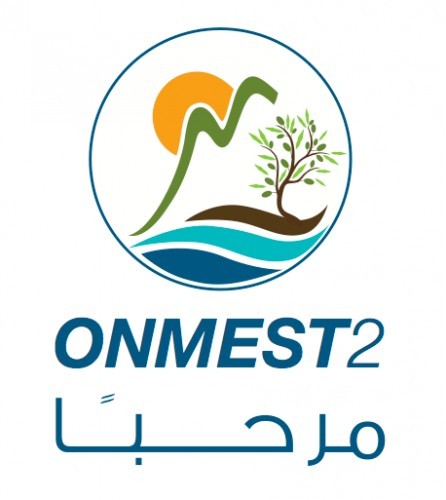
What is Ecotourism?
EcotourismThe Definition:
is defined as "responsible travel to natural areas that conserves the environment and improves the well-being of local people." (TIES, 1990).
Purposes:
1 -Conservation
Offering market-linked long-term solutions, ecotourism provides effective economic incentives for conserving and enhancing bio-cultural diversity and helps protect the natural and cultural heritage of our beautiful planet.
2 -Communities
By increasing local capacity building and employment opportunities, ecotourism is an effective vehicle for empowering local communities around the world to fight against poverty and to achieve sustainable development.
3 -InterpretationWith an emphasis on enriching personal experiences and environmental awareness through interpretation, ecotourism promotes greater understanding and appreciation for nature, local society, and culture. |
Principles of Ecotourism
Ecotourism is about uniting conservation, communities, and sustainable travel. This means that those who implement and participate in ecotourism activities should follow the following ecotourism principles:
- Minimize impact.
- Build environmental and cultural awareness and respect.
- Provide positive experiences for both visitors and hosts.
- Provide direct financial benefits for conservation.
- Provide financial benefits and empowerment for local people.
- Raise sensitivity to host countries' political, environmental, and social climate.






